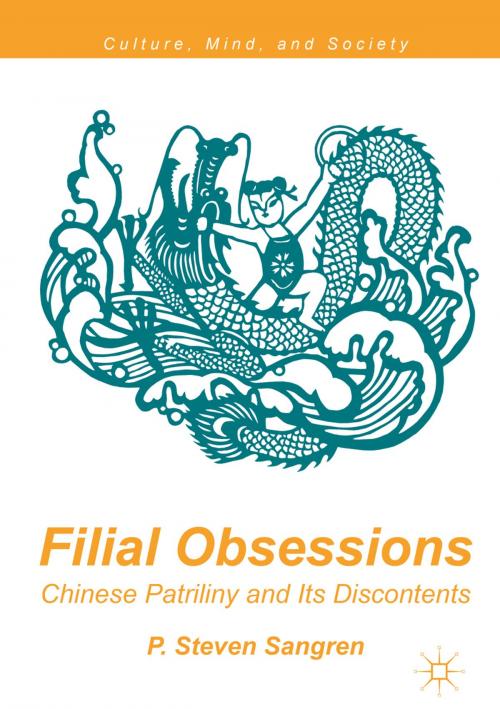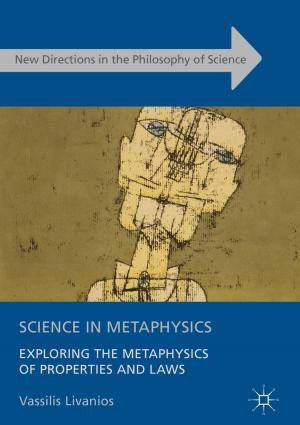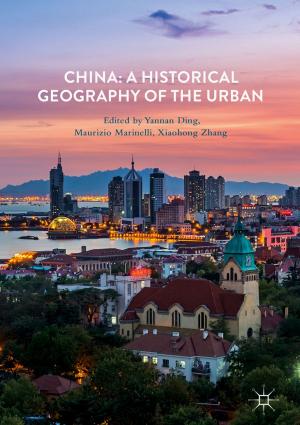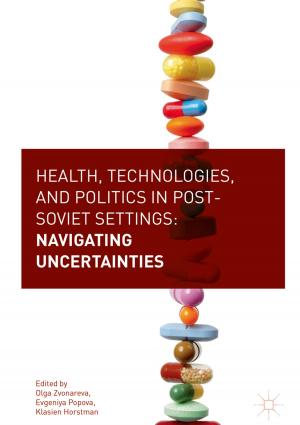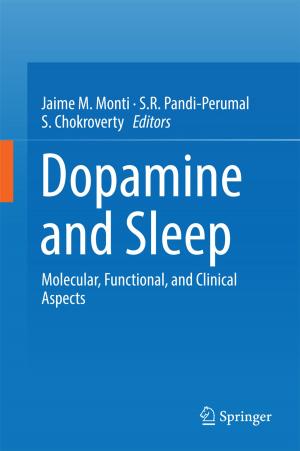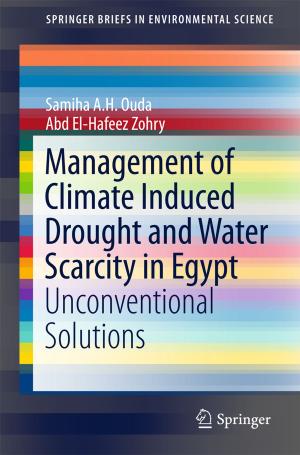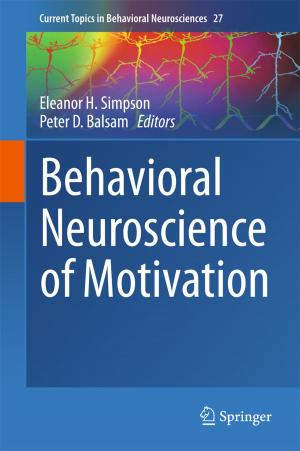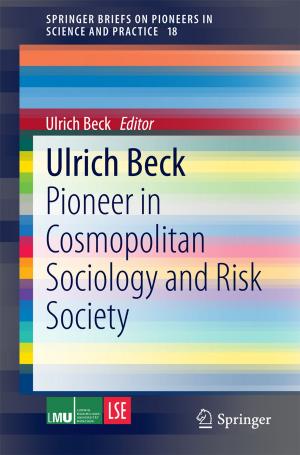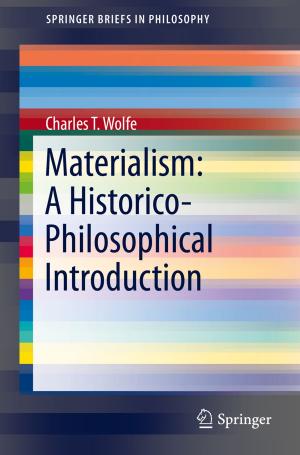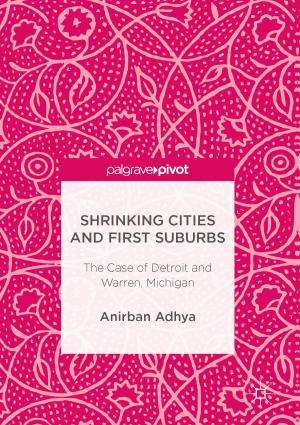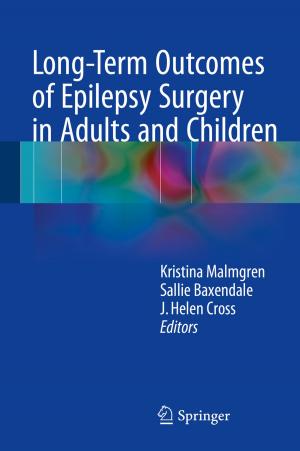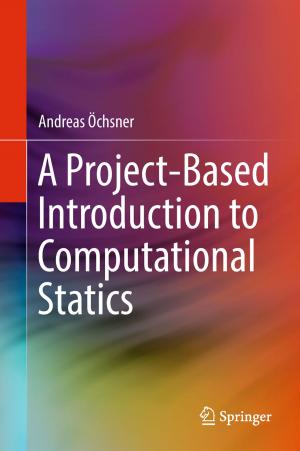Filial Obsessions
Chinese Patriliny and Its Discontents
Nonfiction, Health & Well Being, Psychology, Social Psychology, Social & Cultural Studies, Social Science| Author: | P. Steven Sangren | ISBN: | 9783319504933 |
| Publisher: | Springer International Publishing | Publication: | March 13, 2017 |
| Imprint: | Palgrave Macmillan | Language: | English |
| Author: | P. Steven Sangren |
| ISBN: | 9783319504933 |
| Publisher: | Springer International Publishing |
| Publication: | March 13, 2017 |
| Imprint: | Palgrave Macmillan |
| Language: | English |
This book employs a broad analysis of Chinese patriliny to propose a distinctive theoretical conceptualization of the role of desire in culture. It utilizes a unique synthesis of Marxian and psychoanalytic insights in arguing that Chinese patriliny is best understood as, simultaneously, “a mode of production of desire” and as “instituted fantasy.” The argument advances through discussions and analyses of kinship, family, gender, filial piety, ritual, and (especially) mythic narratives. In each of these domains, P. Steven Sangren addresses the complex sentiments and ambivalences associated with filial relations. Unlike most earlier studies which approach Chinese patriliny and filial piety as irreducible markers of cultural difference, Sangren argues that Chinese patriliny is better approached as a topic of critical inquiry in its own right.
This book employs a broad analysis of Chinese patriliny to propose a distinctive theoretical conceptualization of the role of desire in culture. It utilizes a unique synthesis of Marxian and psychoanalytic insights in arguing that Chinese patriliny is best understood as, simultaneously, “a mode of production of desire” and as “instituted fantasy.” The argument advances through discussions and analyses of kinship, family, gender, filial piety, ritual, and (especially) mythic narratives. In each of these domains, P. Steven Sangren addresses the complex sentiments and ambivalences associated with filial relations. Unlike most earlier studies which approach Chinese patriliny and filial piety as irreducible markers of cultural difference, Sangren argues that Chinese patriliny is better approached as a topic of critical inquiry in its own right.
